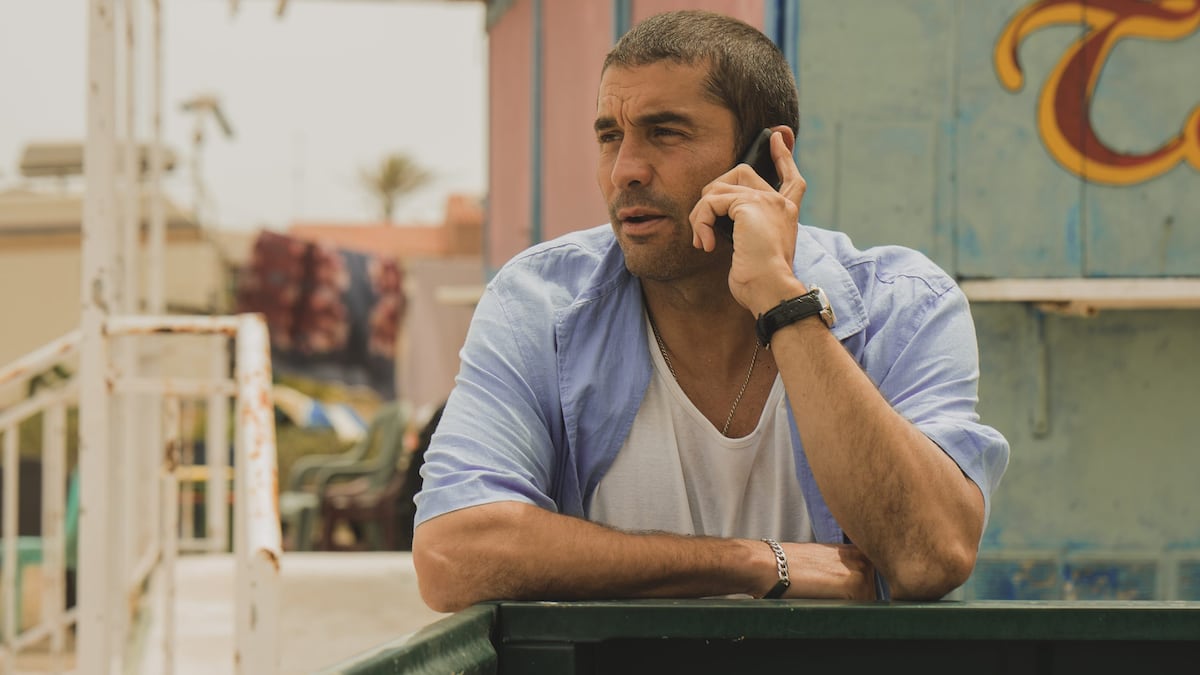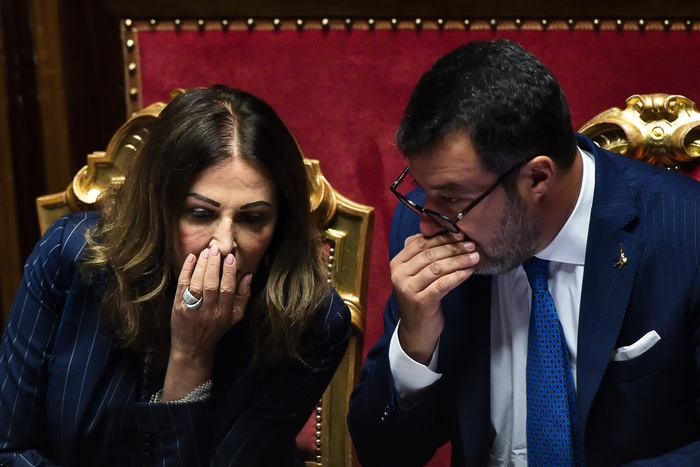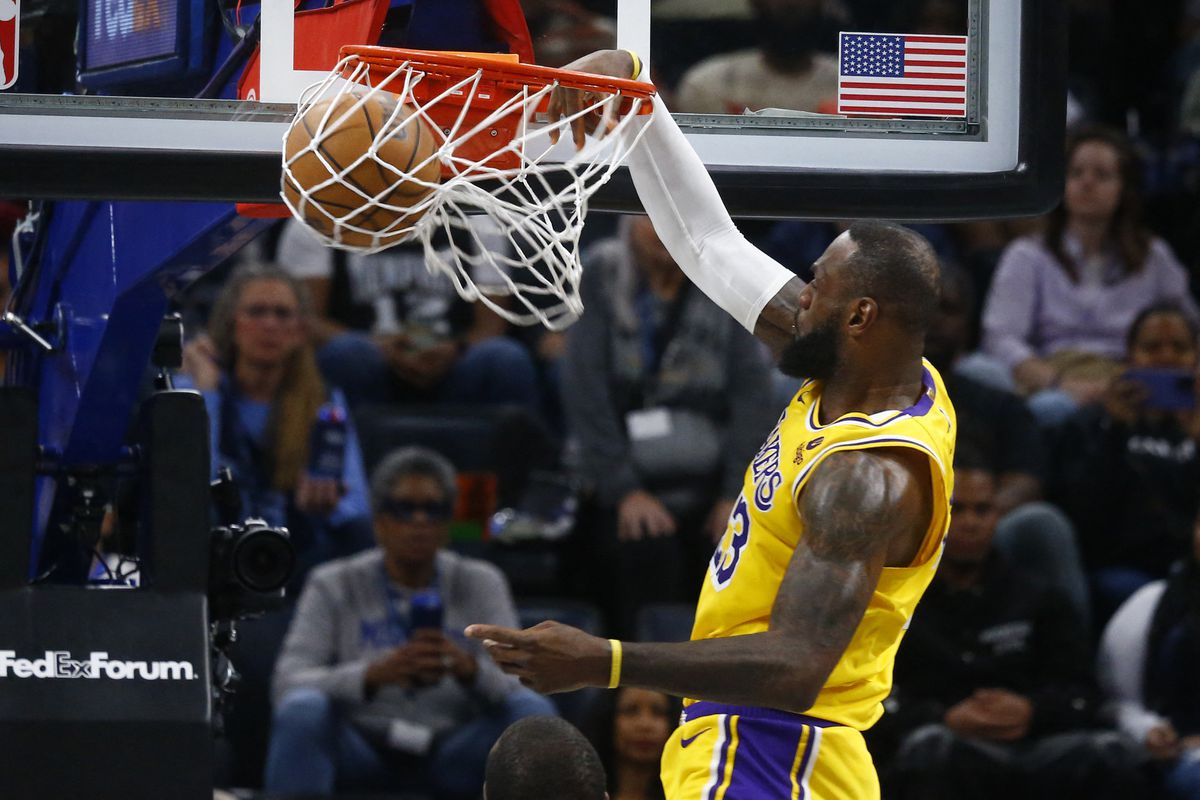Years ago I got into a Buenos Aires taxi turned into a rolling chapel.
Everywhere there were photos of Diego Armando Maradona.
Logically, we speak of the deity that presided over that altar.
"Neither my wife nor my girlfriends nor my children nor my friends have given me as much happiness as Diego," exclaimed the driver, pointing to his neck, tattooed with the canon number 10.
The most tempestuous fans on the planet found an idol to suit them in Pelusa, the prodigal son of the Villa Fiorito neighborhood who would achieve something more than being the best footballer in the world: triumph against all odds.
His main feats depended on the rare encouragement of not seeming possible.
Able to dominate a tangerine as if it were a ball, Diego exercised virtuosity in the paddocks and stadiums.
But he was not consecrated by that magic.
Few have had his ability to dribble, but his mythical mettle was forged in adversity and even paranoia.
Bad news made him achieve the unheard of.
In 1986, he reached the World Cup in Mexico with little chance of raising the cup.
The selection trained by Bilardo had been highly questioned in the knockout phase.
In this hostile environment, Diego showed the peculiar fiber of heroes.
Dramatism was his appetizer.
Before each confrontation, the lefty with the most pressure in the world took a deep nap of the innocents.
In Mexico, he created the impression that any other team would have been champion with him at the top.
Diego represented The Difference.
The same happened in his time at Naples, who had not been awarded the scudetto for more than half a century.
The Italian defenders made him the most kicked person in history and that also served as an encouragement.
However, his main prodigy was intangible: leadership on the court.
Lover of excess, he came to the opera bastion to sing the aria of those who break their chains.
The San Paolo stadium saw Espartaco on the field.
Unlike so many stars who ignore the others, Diego exerted a mysterious contagion.
Everyone played better because he was on the field.
It is conceivable to think that in 1970 Brazil could have won the World Cup without Pelé.
Impossible to think the same of Argentina in 1986.
I was at the Azteca Stadium when Diego scored the best illegal goal and the best legal goal in World Cup history against England.
For an amateur, it's hard to find another day to rival that one.
After the game, Pelusa mischievously showed another of his qualities, the ability to create express mythologies.
Asked about the slap that ended up in England's networks, he said: "It was the hand of God."
Diego's turbulent and contradictory life outside the fields made him one of the main exponents of Latin American melodrama.
Over and over he wept on camera, regretting his mistakes.
No other public figure has accepted to screw it up so many times.
FIFA took advantage of his addiction to harm him by his criticism of the leaders' mafia and the media turned him into a cornered prey.
In the midst of that whirlwind, he formulated another essential phrase: "The ball is not stained."
Accidental disciple of Saint Augustine, he looked into hell to understand that the garden of goals was heaven.
There he was the most dedicated of the companions.
When veteran Ricardo Bochini entered the field at the World Cup in Mexico in the last minutes of a game to get a taste of glory, Diego passed him the ball saying: "Here, teacher."
Humble in the grass, he sinned in all the arrogance away from her and was spectacular in his falls, showing an emotional repertoire worthy of Puccini.
Symbolically, he died in a time of empty stadiums.
Today, football without people remembers most strongly who once filled the tiered stands towards the sky.
Deified by his own, he missed no opportunity to know himself vulnerable.
Perhaps his destiny was foreseen in a Borges story.
The protagonist of
The Immortal
drinks water from a sandy river that grants eternal life.
This grace offers him an existence where everything is repeated without shock.
After a while he understands that true happiness depends on transience.
Convinced that only the precarious can be treasured, he looks for another river that grants death.
In retirement, Maradona wanted to hurt himself in so many ways that he became the ideal advertiser for an insurance company.
The way to live with his character was to try to annihilate him.
He lived his last years as the minutes of compensation granted by the referee, until he reached the three whistles that none of us wanted to hear.
Already immortal, Diego Armando Maradona finally touched the hand of God.




/cloudfront-eu-central-1.images.arcpublishing.com/prisa/HMTALIAA4ND6NPUAXPBHQ4U53E.jpg)







/cloudfront-eu-central-1.images.arcpublishing.com/prisa/KMEYMJKESBAZBE4MRBAM4TGHIQ.jpg)


